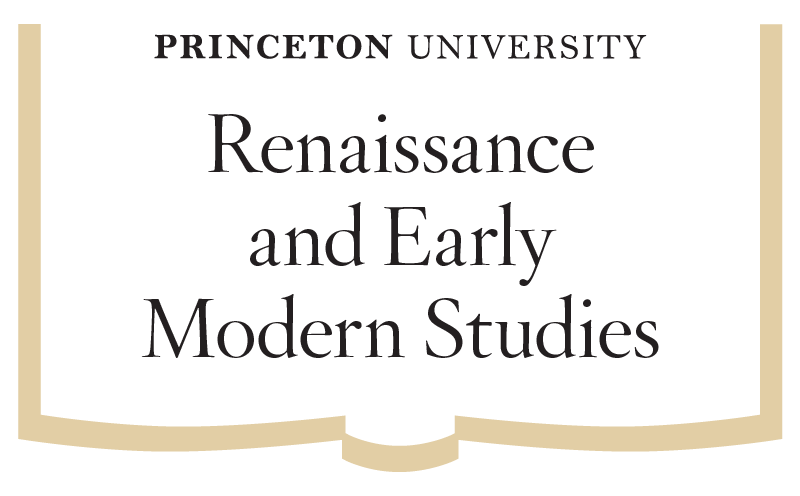
Creatures of the Imagination: Visualizing Monsters in the Early Modern Sciences
Surekha Davies, Utrecht University; Jennifer M. Rampling, History
April 2, 2021 · 12:00 pm—1:30 pm · Zoom
Renaissance and Early Modern Studies

A workshop featuring talks by:
Surekha Davies: “Life on the Edge: Imaginative Prototyping and Sea Monsters in Early Modern Europe”
For early modern European naturalists, the ocean depths were the edges of the world. Making knowledge about deep sea life required distinctive approaches to identifying, collecting, and interpreting evidence from places that were almost unreachable via bodies, senses, or instruments. Davies’s paper will show how making knowledge about oceanic animals required the sustained, deliberate imagination of category-breakers: monsters. Visual images of monstrous marine life were diagrams that enabled viewers to see in ways that were impossible in real life.
Davies is a historian of science, art and ideas and a postdoctoral fellow at Utrecht University. She is the author of Renaissance Ethnography and the Invention of the Human: New Worlds, Maps and Monsters (Cambridge UP, 2016). Her research intervenes in an ongoing re-orientation of early modern studies and the histories of science and visual culture towards a greater focus on global interconnections, and is distinguished by an interdisciplinary approach to unpacking broad concepts. She is currently working on a cultural history of monsters from antiquity to the present, and on early modern Netherlandish visual and material culture.
Jennifer M. Rampling: “Deciphering the Dragon: Monsters and Image-Making in English Alchemy”
European alchemy is renowned for its obscure, allegorical imagery, populated by green lions, phoenixes, and serpents devouring their own tails. What were these images supposed to signify, and did they have any relation to identifiable alchemical practices? In this talk, I will focus on depictions of two important monsters—the dragon and the basilisk—in the English alchemical tradition. These bizarre figures expressed what more naturalistic drawings of chemical substances could not: the hidden properties and structures of matter. But the act of copying could also alter the content and meaning of figures, reflecting new attitudes towards both alchemy and image-making.
Rampling is associate professor of history at Princeton, where she teaches in the Program in History of Science. A historian of medieval and early modern science, she recently published The Experimental Fire: Inventing English Alchemy, 1300–1700 (Chicago, 2020). She is the curator of a new exhibition on alchemical illustration at the Princeton University Library, to open in Spring 2022.
Please register for the Zoom link here












